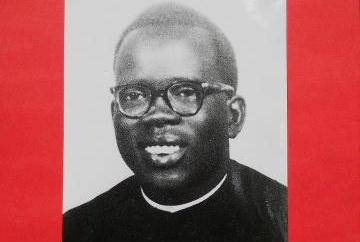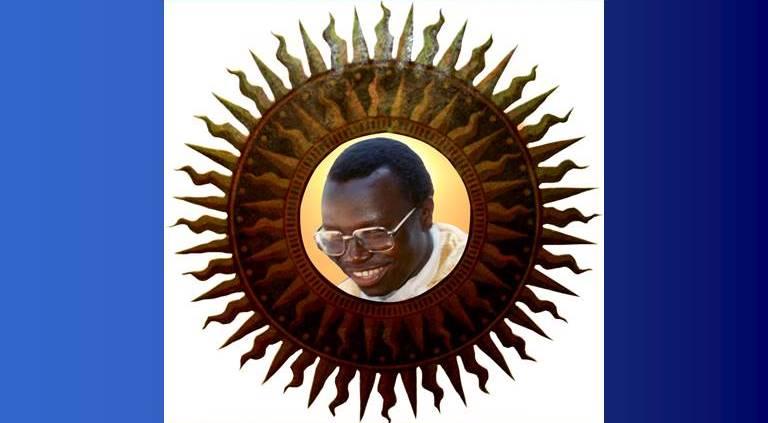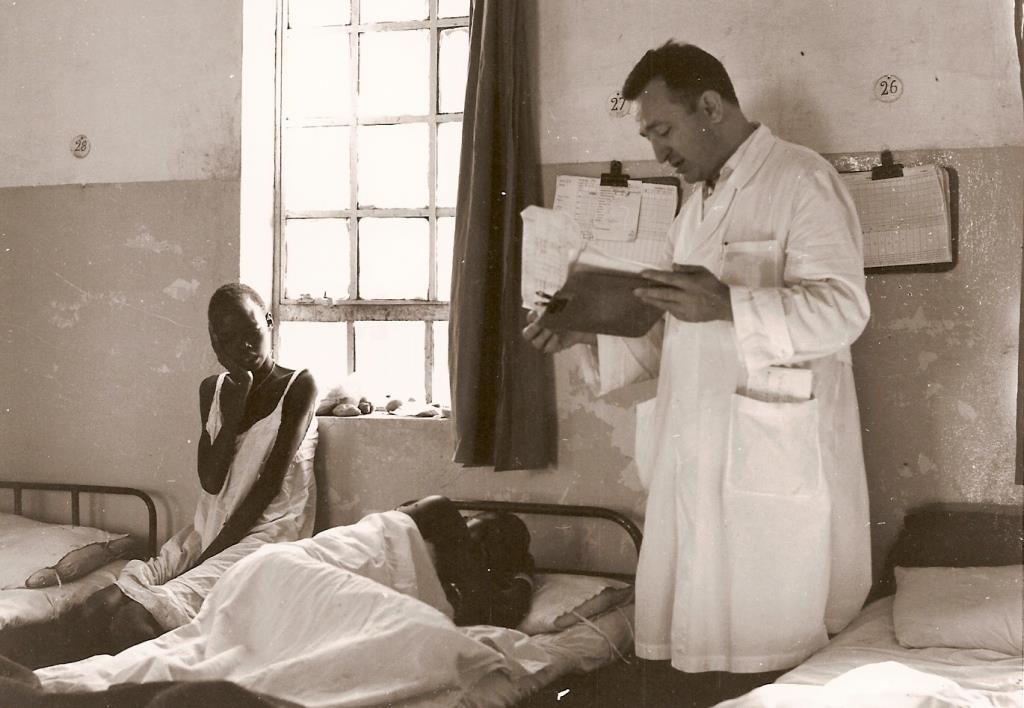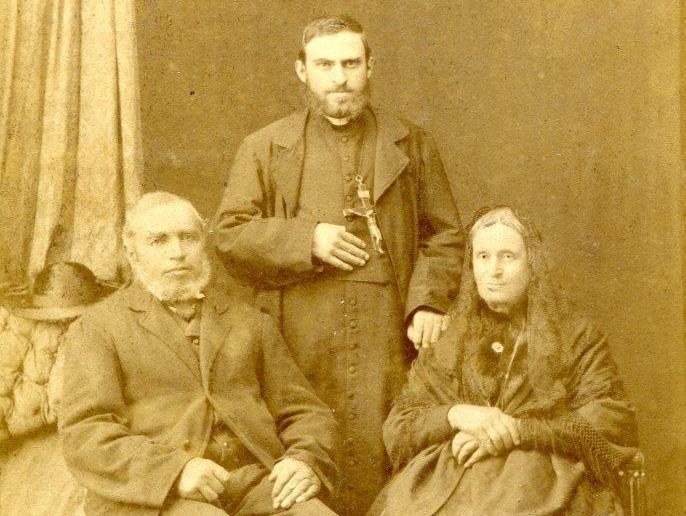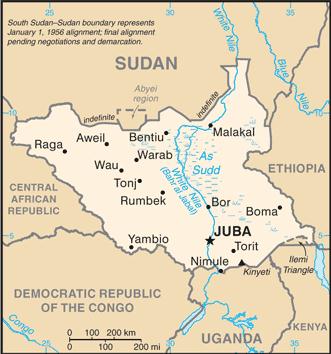Daniel Comboni
Comboni Missionaries
Institutional area
Other links
Newsletter
Rome, Thursday, August 23, 2012
“He lived a short life but he spent it to defend the life of the oppressed” writes Fr. Louis Tony Okot Ochermoi as he remembers the 47th anniversary of the martyrdom of our Comboni confrere Fr. Barnaba Deng, on August 23, 1965. Barnaba was a Dinka of South Sudan. He was 29 years old and only three years as a priest. Barnaba is just one of the many victims of dictatorship and discrimination in Sudan.
Today is the 47th anniversary of the martyrdom of Fr. Barnaba Deng. He was a Southern Sudanese Comboni Missionary; a Dinka by tribe. He was ordained as a Comboni Missionary priest in 1962, after finishing his theological studies in Italy, by Cardinal Montini of Milan, who later became Pope Paul VI.
He was then assigned to work in his home land, which at that time was part of just a single Sudan, in the diocese of Wau, under Bishop Ireneo Dud. His assignment to Sudan came in a period when the Sudanese government from the North intensified a systematic policy of oppression, Islamisation and Arabisation of the South. The authorities used all ways possible to silence the few but strong Southern intellectuals. They even went as far as making Sunday an ordinary working day, while Friday, the Moslem day, became the only resting day for all citizen of every creed.
In all schools, Arabic language was introduced as the only language for instruction. They were also irritated by the presence of the foreign missionaries and accused them of instigating the Southerners to demand separation from the North. To feel free and secure in carrying out their favourable policy they decided to expel all the foreign missionaries, including some 300 Comboni Missionaries (Sisters, Priests and Brothers), in 1964. They thought they were going to win the fight but history later on proved them wrong and that they were just deceiving themselves.
This was the situation in which Fr. Barnaba Deng found himself while still in the honeymoon of his priesthood, only three years as a priest, when he was to be called to bear witness to Christ. The Lord had touched his mouth and has put his words on his lips. He was at the beginning of his ministry (Jer 1:9-10). For sure his mind was full of dreams and enthusiasm. He meditated many times on the words of Jesus who said that he was “the Good Shepherd”: freely he laid down his life (Jn 10). And also the words of Comboni when he said that the happiest of his days will be when he will give his life for the Africans.
It was a day like today, 23rd August 1965, that he was brutally beaten and his chest opened by a bullet of a soldier who was determined to silence the voice of this young priest.
What remains of him? The shining example of a living witness: a life well spent for the cause of poor, as he defended the life of the oppressed, namely, a woman who was brutally being beaten by the soldiers. He knew that he was risking his life by defending her life, and, yet, he did not hesitate.
Fr. Deng is just one of the many victims of dictatorship and discrimination. Other two diocesans priests also lost their lives in the same way: Fr. Archangelo Ali, killed in Rumbek, and Fr. Saturnino Ohure, killed at the Sudan-Uganda boarder. Other Southern intellectuals, like William Deng, were also targeted and eliminated gradually.
Fr. Deng died courageously defending the lives of the oppressed and voiceless people of his time. His voice and witness cry out speaking to us all today, especially to the young people, as an invitation to fearlessly defend the lives of those whose life and dignity are at risk.
Fr. Louis Tony Okot Ochermoi, mccj

